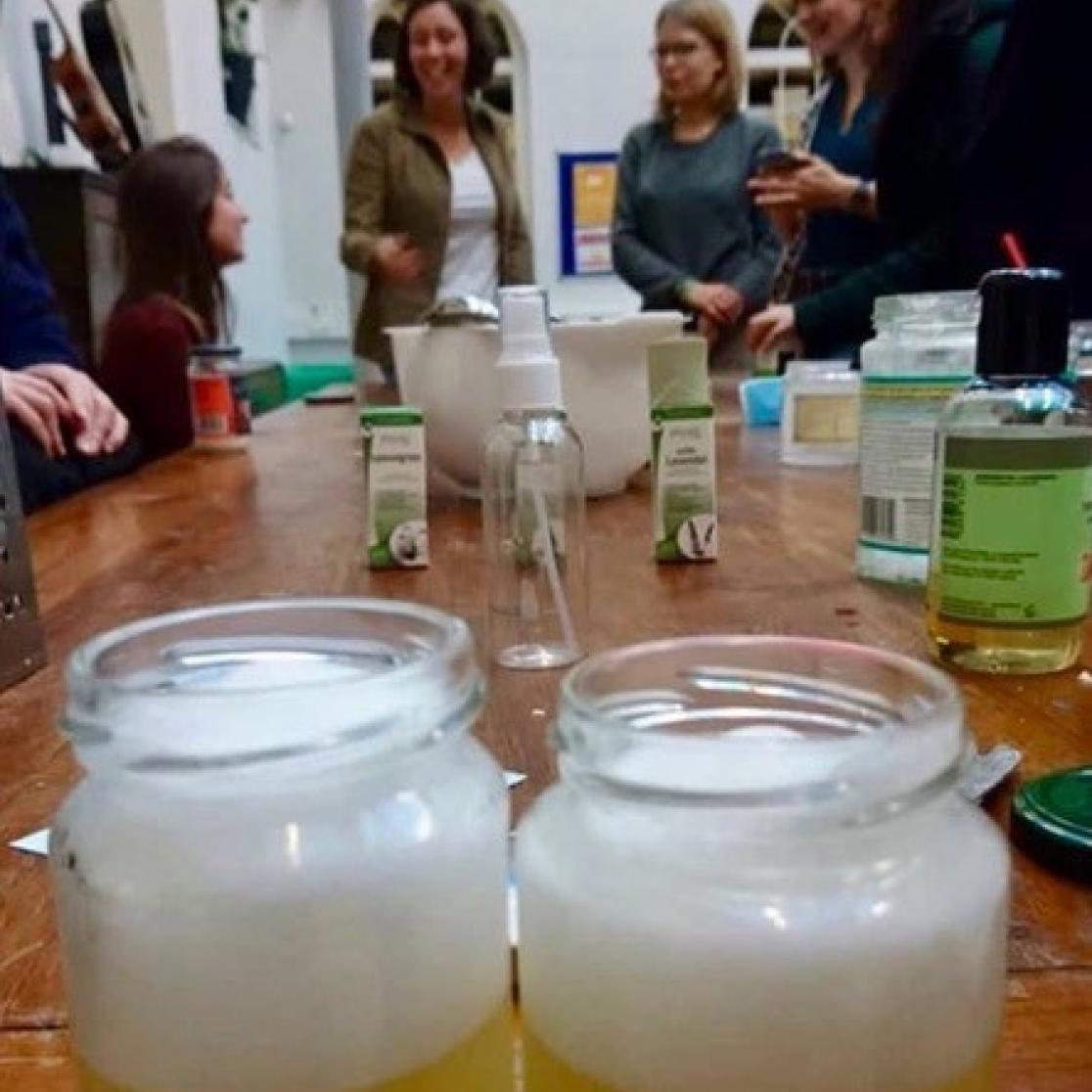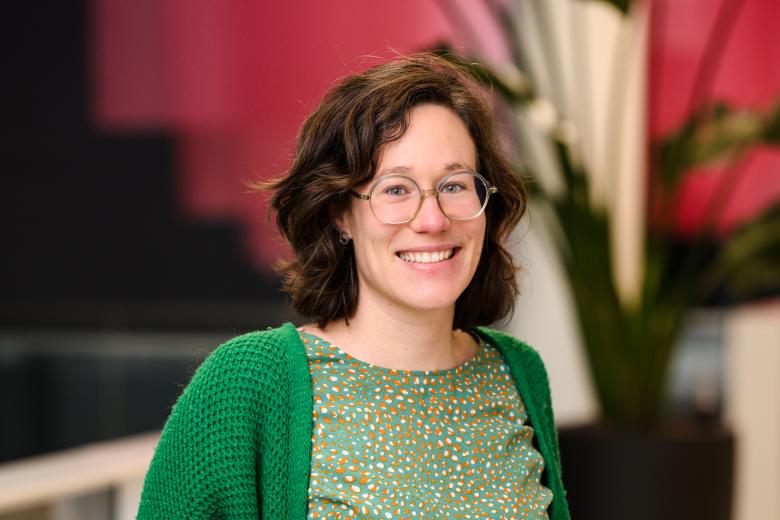GECCO – not preaching but doing sustainability
GECCO is the Universalis Sustainability Committee at University College Maastricht (UCM). Surprisingly enough for a group of idealistic young people, their approach to green solutions is a sensible staple diet of practical common sense and very little snacking on pie in the sky.
GECCO was founded in 2009 and is one of the many UCM student committees organised around shared interests, from dance to economics. GECCO is the sustainability committee and their aim is to provide fellow students with green solutions to everyday problems. From sharing ideas among their online community to teaching skills during workshops, they are trying to make a difference. The board, which changes every other year or so, currently consists of Lottie Kunze, Lea Grandemange and Enrica Scaramella.
Little things you can do right now
While the idealism is tangible, the initiatives are very practical and aimed at making a concrete difference in daily life. Gecco members have bought used mugs from charity shops to replace throwaway cups in the college. They are providing reusable food wraps – basically fabric coated in beeswax – in the common room to reduce plastic waste. They have organised a clothes swap where people get the satisfaction of having new clothes but without the accompanying waste of resources. “It’s really nice to see the impact we have on a daily basis all around UCM,” says Lottie.
Some of the workshops sound like they have more novelty value than potential for behavioural change, but the feedback suggests otherwise: “We had a DIY cosmetics workshop, so making your own shampoo, deodorant, etc. It was a lot of fun but quite a few people also told us that they have now switched to DIY cosmetics permanently.” The workshop on growing your own herbs was so successful it has spread to other UM faculties. “I had my doubts, to be honest, but it grew surprisingly quickly,” she says, referring to both the concept and the herbs.
Improving yourself, not others
“We want to facilitate an engaged community at UCM but also beyond – we want people to realise that what they do matters.” That doesn’t have to mean activism: “What you buy on a daily basis makes a difference.” Lottie welcomes sustainable consumerism but is wary of it turning into just another status signifier. “It’s good that there is more awareness but it shouldn’t be a case of people showing off how sustainable they are through consumption.” Buying green is good, buying less is better.
According to Lea, the point is not to wag the finger at people: “First and foremost I want to improve myself, to become responsible, more sustainable, an ethical consumer, etc. – once I’ve found interesting ways of doing that I can share it with others who have the same goal.” It’s also a fun social activity: you meet like-mined people, and if you see your efforts leading to progress, it makes you happy and less powerless.” A case in point is their trip to Brussels for the climate march.
Against the sense of powerlessness
All the GECCO board members cite a feeling of helplessness in the face of environmental catastrophe as both a trapdoor to apathy and a source of motivation. Another of their regular activities is a fortnightly documentary or movie screening. While there are some portraits of encouraging initiatives, a lot of it tends towards the fatalistic. “It’s understandable that filmmakers and activists are trying to shock people into action, but if you are confronted with something this vast and devastating, it’s easy to lose hope.”
They encountered a lot of disheartening facts in their curriculum. “Most of us chose to take the Sustainable Development course, where we worked through some scientific papers and government advice from the 90s and 00s,” remembers Lea, “and they all predict points of no return that have already passed.” But dwelling on the irreparable damage done only leads to paralysis, so instead, they are focusing on the difference they can make in their daily lives.
Reasons to be hopeful
There are reasons to be hopeful too, from the positive response of fellow students to UM’s strategy as a whole. “You can tell that the university is really trying to do what they can – they have taken some positive steps with their sustainability programme. And I’m really excited to see what’s going on at all the student initiatives like Foodsharing Maastricht or the Library of Things.”

Also read
-
Aurélie Carlier receives Athena Award
Aurélie Carlier receives the Athena Award. This award is for exceptional female researchers who serve as role models through their successful scientific careers.
-
Despite a less tight labour market no end to shortages in healthcare, education, and tech
Interesting new findings in the report 'The Labour Market by Education and Occupation until 2030' from the Research Centre for Education and the Labour Market (ROA) at Maastricht University.
-
Protecting children’s rights in non-existent states
What happens to the universal rights of a child when their home is a “de-facto” state—a political entity that has all the hallmarks of nationhood, yet is not officially recognised? And who bears legal and moral responsibility for these children when war breaks out? These issues lie at the heart of the...